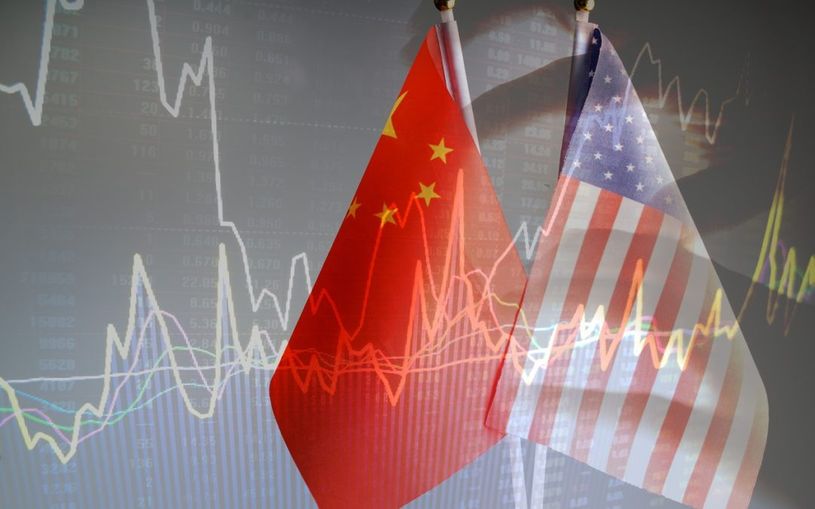The effects of the emerging trade war between the U.S. and China is starting to be seen in various industries on both sides of the Pacific. In July, the Trump administration implemented a 25 percent tariff of $34 billion in goods from China, this according to the Brookings Institute. These tariffs will be especially felt on machinery, semiconductors and other technologies. Earlier this week, Washington doubled down by adding another $16 billion in tariffs.
China has countered with a 25 percent tariff of their own on U.S. goods like agriculture and cars. This is in addition to steel, aluminum and certain consumer durables. Even the American seafood industry is feeling the pain as China doubled tariffs on lobster. At the same time, Beijing dropped the tariffs for Canadian lobster to just 7 percent, making it all the more challenging for U.S. fisherman. While all these are front and center, one area that’s also affected by this trade war, but not getting nearly the coverage, is mergers and acquisitions.
In the first half of 2018, 44 China-originated deals accounted for just $1.5 billion. This is down from $7.5 billion in the same period the year prior and $27.5 billion in 2016. This all happens as the Chinese have actually increased their outbound M&A activity, with spending in the first half of 2018 reaching $76 billion, up from $52 billion the year before, the South China Morning Post reports.
“The escalating trade tensions between China and the U.S. is certainly a major factor [in this decline],” Tracy Wut, M&A partner at Baker McKenzie told the SCMP.
At the same time, the U.S. is challenging big-ticket Chinese deals. In fact, M&A activity of mainland Chinese firms in the U.S. in the first half of 2017 was just 22 percent of the combined value as compared to the same period in 2016. As just one example of many, Variety reported in March 2017 that the $1 billion deal from Wanda to acquire Dick Clark Productions was scuttled “amid concerns that the nationalistic focus of the new Trump administration might mean greater scrutiny to big investments in the U.S. by Wanda, Alibaba and the new breed of Sino mega conglomerates.” And deals in general are coming under greater analysis with the recent strengthening of the Committee on Foreign Investment in the United States.
When it comes to China-U.S. M&A, the news is not all bad. In fact, if history is any guide, this trade war could actually prove to have some positives for mergers and acquisitions. As Curt Moldenhauer, PwC’s U.S. China Inbound Leader, told Axios in July 2018 the current situation is reminiscent of the U.S.-Japan trade war of the 1970s. He notes this ended positively as “Japan became one of the biggest investors in the U.S. economy, including through M&A.” Moldenhauer did go to note however that in the near term, he does expect to see a decline noting, “I suspect we’ll see a bit of a rough third quarter.”
As for the trade war itself, talks are ongoing to resolve these matters. The two sides are currently meeting to see if they can come up with a resolution. But with optimism low about a potential compromise, this could mean M&A between the two could drag for the foreseeable future.
